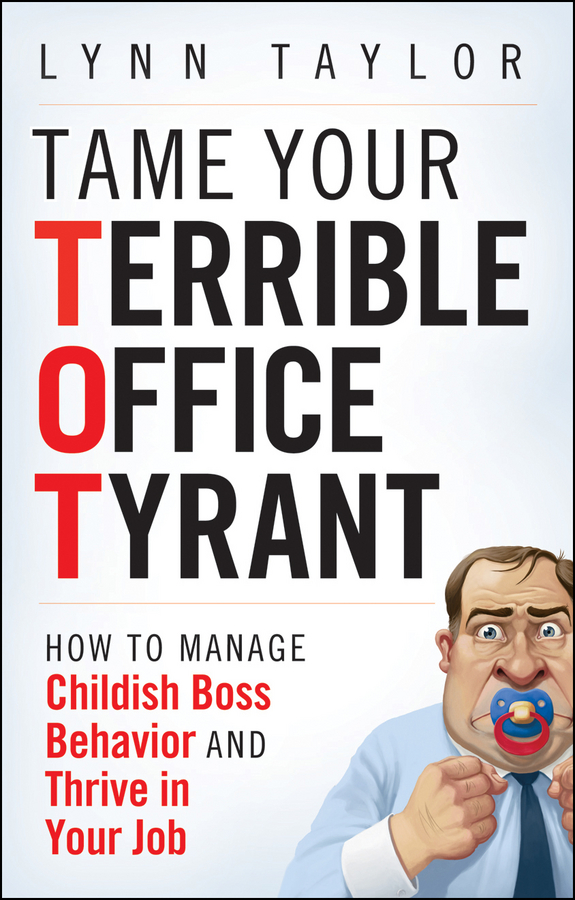How to help a bossy child
7 Ways to Help Your Child (and Yourself) Do Bossy Better
Source: Monster/Pexels
Do a search for “bossy” and you’ll find banbossy.com which advocates encouraging girls to be assertive leaders. That’s great, but what about the boy or girl who’s impatiently barking out orders, then going off in a huff when others don’t obey? It’s all very well to admire your child’s assertive nature and leadership skills but it’s not good for their confidence and self-esteem if they experience social rejection because of it.
Diverse Perspectives
Bossiness is a complex and sometimes confusing idea, and it means different things in different contexts. It can be a symptom of a deeper problem, a behavior you can help your child manage, or a sign of leadership strengths. When I asked my Facebook friends about their experiences with bossiness, they wrote:
“I remember being mortified when my (neurodiverse) daughter’s preschool teacher gave us a book about little miss bossy. In retrospect, it was a heads up that her way of being differed from her peers.”
“This is a label my oldest, identified as gifted, was called all through school. The school’s failure to meet her needs was scrubbed away by the claim that she was 'bossy', and she became labeled as 'difficult.' Anxiety, depression, and isolation from her peers soon followed. A boy in her class, also identified as gifted, was not treated the same way. His intensity was seen as endearing.”
“My daughter is this way. Though, I consider her a very strong and capable leader who merely needs some guidelines and perspective when it comes to interacting with others.”
Power and Status
In psychologist Adam Grant's Why Girls Get Called Bossy and How to Avoid It, he observed, “We don’t label every girl who issues commands or exercises authority as bossy. To make sense of bossiness, we need to tease apart two fundamental aspects of social hierarchy that are often lumped together—power and status. ” Grant defined power as holding a formal position of authority or controlling important resources, such as the power that teachers and parents hold. Status, on the other hand, is about being respected or admired, which is something a child doesn’t naturally have, but can earn.
” Grant defined power as holding a formal position of authority or controlling important resources, such as the power that teachers and parents hold. Status, on the other hand, is about being respected or admired, which is something a child doesn’t naturally have, but can earn.
A child who tries to exercise power without first gaining the respect of others is the one who’s seen as bossy. The problem isn’t usually that the child is being dominant, it’s that they’re seen as overstepping their perceived status. “If we want girls to receive positive reinforcement for early acts of leadership,” Grant wrote, we need to teach them “to engage in behaviors that earn admiration before they assert their authority.”
You don’t want to break your bossy child’s spirit or undermine their leadership abilities or social confidence, but you do want them to learn how to interact successfully with others. Help them realize that a person gains status—and is more likely to be listened to—when they’re giving and generous, when they help others, share credit, and listen to others’ opinions.
Author Carol Tuttle writes about bossiness from a different angle, discussing it as one dimension of a bold nature, where a child insists on being their own authority. Tuttle advises against calling such a child bossy, as it can be deeply shaming, and recommends instead embracing that boldness and helping them manage it. Although Tuttle’s focus is on girls, I can’t see any reason not to use the same reasoning when it comes to bossy boys.
Helpful suggestions
How can we best help our assertive kids? These seven methods may be helpful (italics denotes that the example came from parents on Facebook):
- Be kind, understanding, and patient. Don’t think of your bossy child as intentionally mean, manipulative, or tyrannical. Instead, realize they may be serious and perfectionistic, believing that (a) they know the best way to proceed, and (b) everyone else wants to know the best way to do things, too.
- Teach your child to earn respect before making a demand.
 A child may have great ideas but doesn’t have any natural authority over others. Teach your child to think about others’ interests before they attempt a position of leadership.
A child may have great ideas but doesn’t have any natural authority over others. Teach your child to think about others’ interests before they attempt a position of leadership. - Respect your child’s boundaries. Don’t mention your child’s bossiness in front of others, but instead wait until you can have a private conversation. Never mock any child, including a child who’s being bossy or otherwise inappropriate.
- Respect your child’s ideas. “I found the most helpful way to soften her was to make sure she felt understood, and then appeal to her intellect about why she might change tack. Make sure she knows we can see her vision and appreciate it, but suggest a different one.”
- Share books/movies/other media. Look for stories about bossy kids and how others respond to them. Spend some time discussing what’s happening from the perspectives of different characters, for example, the Mermaid SOS book series by Gillian Shields, and The Recess Queen by Alexis O’Neill.
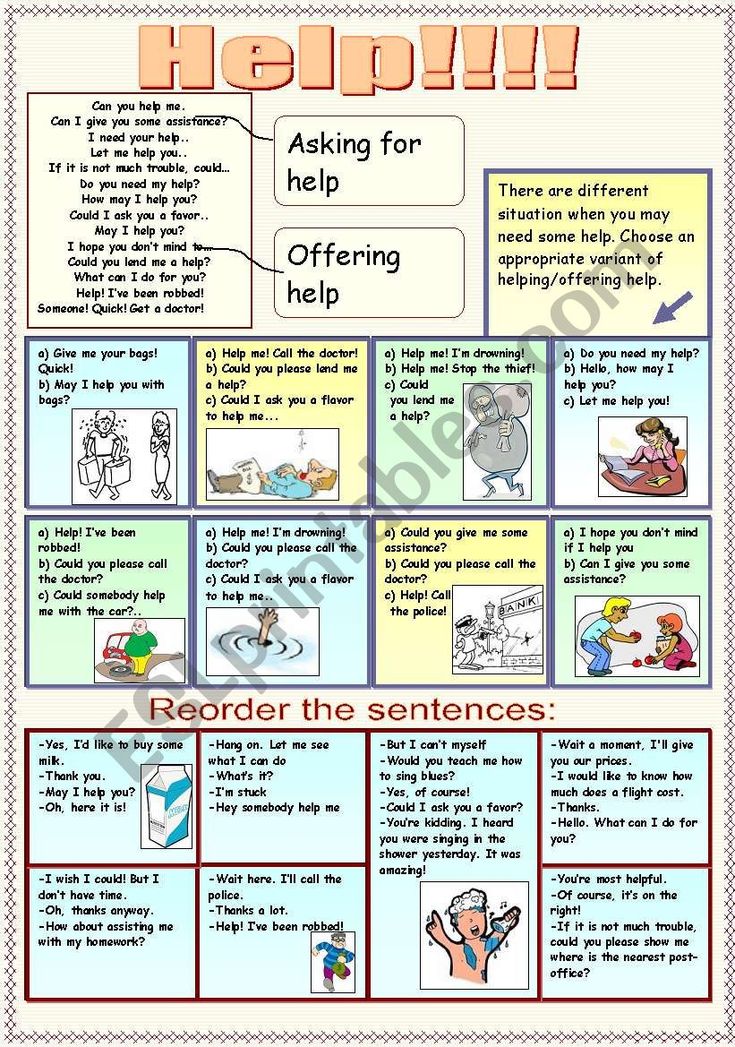
- Do some role-playing. “The best thing for a kid is to watch a peer exhibit the same behavior and being really upset about it. Then, parents can gently alert him to his own behavior and a lightbulb comes on.” If your child is a strong critical thinker, good at analysis, and direct in their communication—as so many bossy kids are—they may see themself as just speaking the truth and not realize that they come across to others as harsh, critical, or autocratic. Use role-playing to help them think about things through the eyes of others. Take turns playing different roles in problematic situations they encounter, whether that’s in the real world, or via media or imagination.
- Suggest an attitude of benevolent leadership. “When Devon is bossy it’s usually because she has a firm vision for how she wants something to play out. I used to try to stop her; now I try to help her be a benevolent leader in those moments when she feels that urgent need to take charge.
 ”
”
One friend summed it all up beautifully: “The key is to plant a spirit of cooperation without crushing their spirit and natural gifts.”
How to handle a bossyboots
Most kids go through a phase where they bark out orders like a drill sergeant, and often it’s simply a reflection of their growing confidence and self-esteem. But if your child thinks she’s in charge, it can lead to problems
When your toddler or pre-schooler tells you to get them a snack now you’ll probably be tempted to laugh. You might even watch fondly as they show their little brother or sister the ‘right’ way to do things, thinking what a great teacher they are.
Perhaps you find yourself thinking that it’s just a little bit of personality coming through - and it’s true to say that it’s natural in a child this age. After all, they're getting to the stage where they've had enough of other people telling them what to do and want some control themselves.
Five years down the line, you could be stuck with a tween who’s been getting their own way for so long that you’re no longer in control of their behaviour.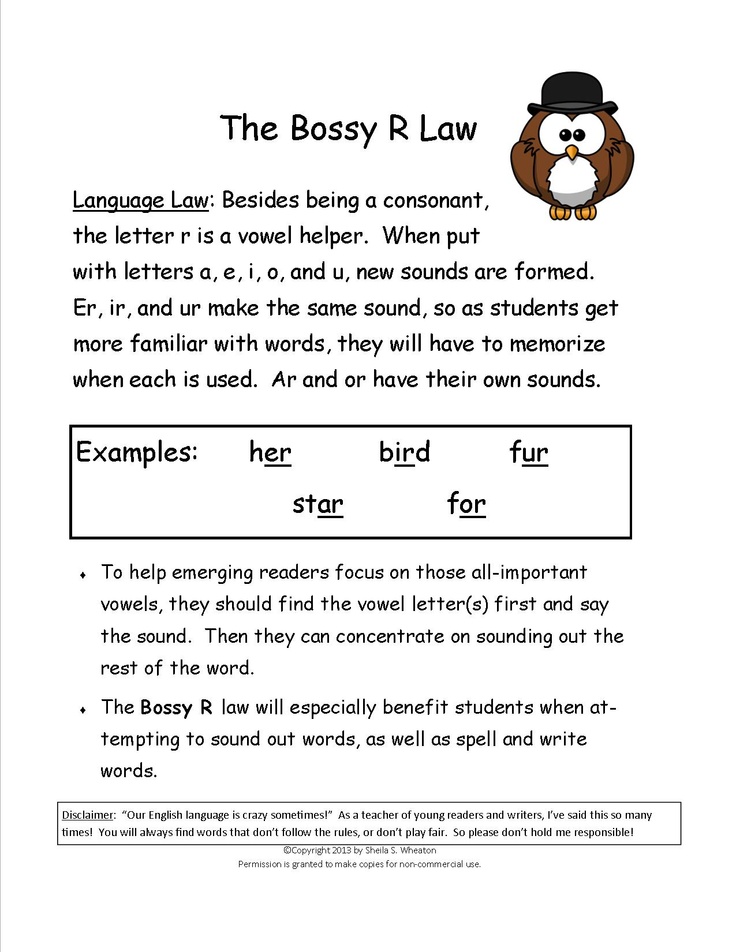 That scenario simply won’t work, because your child doesn’t have the wisdom or experience to take charge.
That scenario simply won’t work, because your child doesn’t have the wisdom or experience to take charge.
Plus, there’s a danger that bossiness could affect your child’s friendships – after all, what child is going to want to spend time with a friend who keeps telling them what they can and can’t do? – and develop into bullying.
So what steps can you take to stay on top of things?
Tips to tone down bossiness
• Pay less attention. Young children love playing to an audience, so don’t encourage them by laughing at them. Even negative attention is still attention, so don’t tell them off either.
• Don’t follow orders. If your child is making demands, don’t do what they say just for a quiet life – tell them to make her requests in an appropriate manner.
• Supervise playdates to make sure your child isn’t laying down the law to their friends. If they are being bossy, take them aside to tell them (don’t embarrass them by telling them off in front of friends).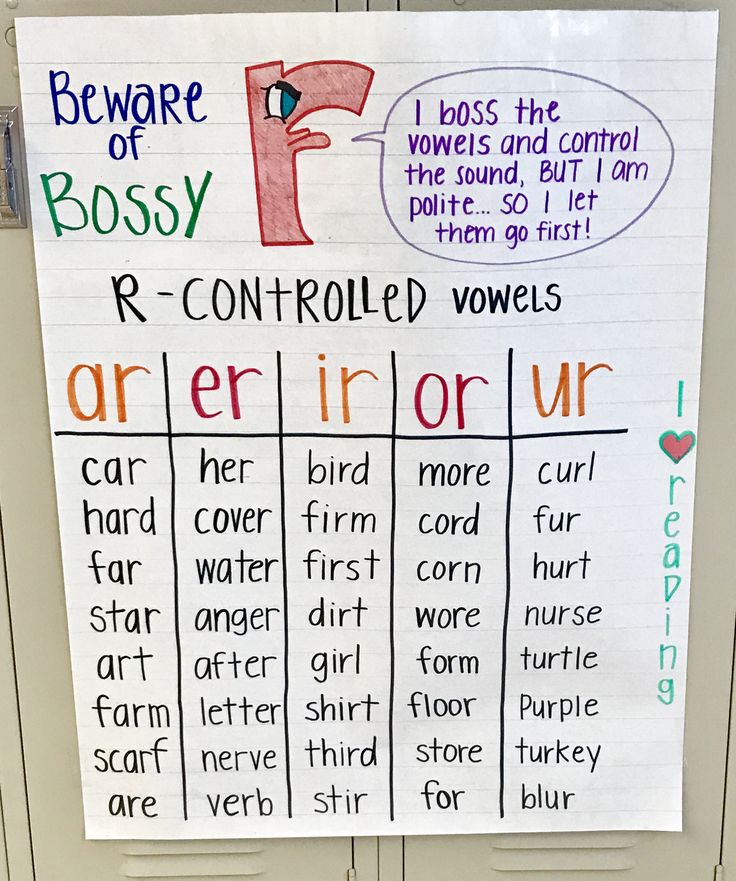 Alternatively, work out a signal you can use, such as tapping them on the shoulder.
Alternatively, work out a signal you can use, such as tapping them on the shoulder.
• Get them to ease off helping their younger siblings, especially if you notice them becoming more passive because they’re getting so used to the older child taking over. Tell them that they need to do things for themselves in order to learn.
• Limit competition. If your child’s bossiness is a real issue, try to avoid letting them play competitive games and sports.
• Teach them how to ask nicely for what they want. Demanding things can be a hard habit to break, so practise phrases your child can use to ask for things politely.
• Defuse power struggles by offering your child as many choices as you can – that way when they opt for one of them, they’ll feel they had a say in the matter instead of feeling that you’re bossing them about.
• Think about the way you ask for things – you’re your child’s first teacher and it’s possible that their bossiness could reflect the way that you relate to them.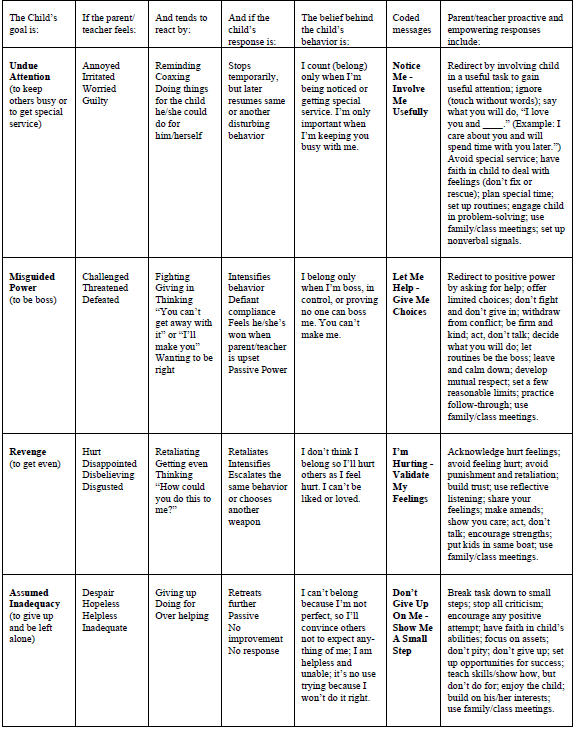 Even though you’re in charge, it pays to be polite to your child so they’ll use her manners when they deal with their friends – and with you.
Even though you’re in charge, it pays to be polite to your child so they’ll use her manners when they deal with their friends – and with you.
A bossy child is usually an assertive one, and assertiveness can be an asset as your child grows. Help them polish their communication skills and see all points of view, and that bossiness could turn into solid leadership skills.
Stop the backchat! Many parents complain about disrespectful behaviour from their children. Backchat, sarcasm, bad manners, swearing and cheekiness can be frustrating and difficult to handle.
How to Get Your Child to Listen: Children’s selective hearing is a big source of frustration for parents! A child who is defiant, stubbornly refuses to cooperate and ignores simple requests can make every day feel like an uphill struggle
Shared Play Technique: If you’re sick of hearing the same old squabbles between your kids, encourage a bit of teamwork with the Shared Play Technique. It's used on the show to get siblings working together for a common goal…
Shy child: what to do and how to help
A person who avoids attention to himself is sometimes unfairly deprived of opportunities. On the playground and in the classroom, more lively children participate in classes, get new experience and encouragement. Shy boys and girls may be embarrassed to tell the teacher if they haven't been given a draft to work with or put on the list to perform at a concert. A shy child has difficulty making friends or even being the butt of ridicule. Parents of such children have to be on the alert all the time to defend their interests. We tell you who is to blame for childhood shyness and how to fix it.
On the playground and in the classroom, more lively children participate in classes, get new experience and encouragement. Shy boys and girls may be embarrassed to tell the teacher if they haven't been given a draft to work with or put on the list to perform at a concert. A shy child has difficulty making friends or even being the butt of ridicule. Parents of such children have to be on the alert all the time to defend their interests. We tell you who is to blame for childhood shyness and how to fix it.
Why children are shy
First, let's look at the difference between shyness and modesty. A modest person is self-sufficient and self-confident, while it is important for him to keep up appearances. Modest people do not appreciate their achievements and abilities too highly, but at the same time they respect themselves. They protect other people's boundaries and do not allow their own to be violated.
A shy person is not self-confident. This manifests itself in communication with specific people or in certain situations, for example, with strangers, in a hospital, in a restaurant.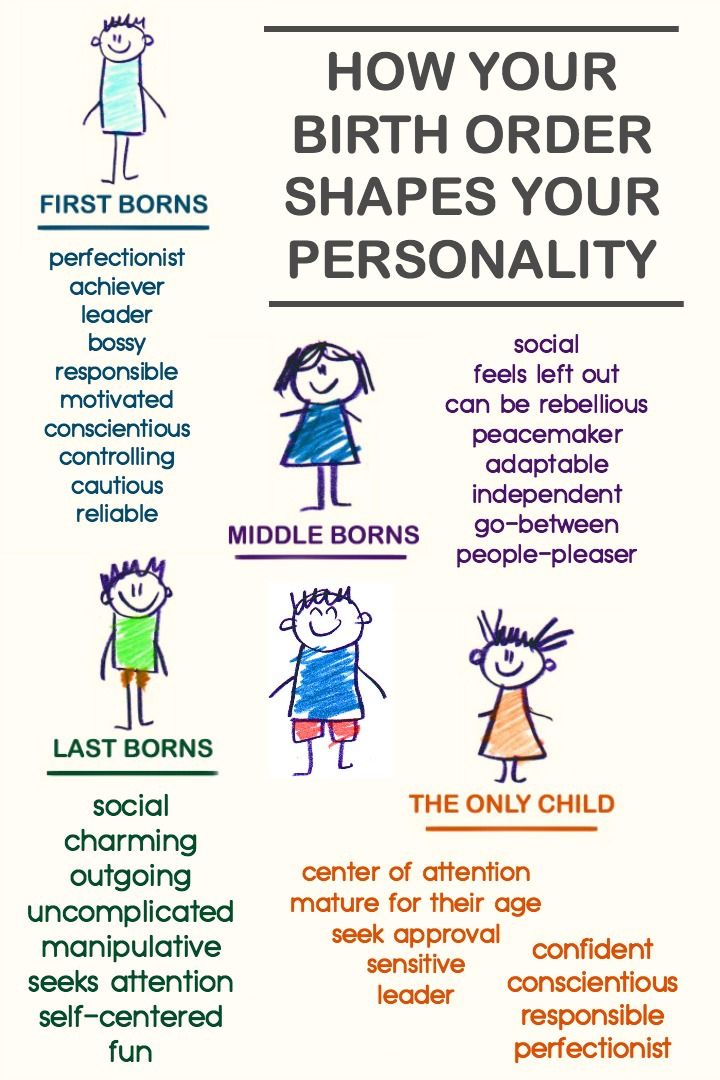 Shy people often feel awkward, do not know what to say or do to improve communication, and do not know how to stand up for themselves. How to build a healthy self-esteem in a child, we tell in this article is .
Shy people often feel awkward, do not know what to say or do to improve communication, and do not know how to stand up for themselves. How to build a healthy self-esteem in a child, we tell in this article is .
The main cause of childhood shyness, which often develops into adulthood, is the authoritarian style of upbringing in the family. Domineering, controlling parents tend to raise insecure children. However, don't be so quick to blame yourself. Child shyness researcher Philip Zimbardo has found that shyness sometimes has a genetic basis. Even sensitive and democratic parents can grow up a shy child.
Source: https://tarkvanem.ee/en/otnoshenija-s-rebenkom/stili-vospitanija/
Tips for parents
social immaturity. After all, if a child has weak muscles, we do not fight them, but strengthen them with gymnastics. So here, the lack of confidence needs to be filled - this is a more positive view of the problem.
 Try to create situations in which the child will expand the experience of communication step by step and note the slightest progress: “Who is this boy on a scooter? Did you meet today? And for half an hour you rode and played with him? Great! You see, you can communicate with the guys on the sports ground.”
Try to create situations in which the child will expand the experience of communication step by step and note the slightest progress: “Who is this boy on a scooter? Did you meet today? And for half an hour you rode and played with him? Great! You see, you can communicate with the guys on the sports ground.” Support and protect
Adopt an authoritative parenting style: support children but be firm on the rules. The advice of psychologist Lyudmila Petranovskaya will help to build relationships with children correctly, form a healthy attachment and give a sense of security. In the books "Secret Support" and "If It's Difficult with a Child" the author tells how to solve typical problems of parent-child relationships, even if everything seems to be lost.
Avoid labels
Parents often tend to highlight certain character traits and characteristics of children - this happens unconsciously. However, as psychologists E. Mazlish and A. Faber write, this prevents children from developing harmoniously. For example, parents at home and outside often say: “Our elder is such a tomboy, he constantly gets involved somewhere, there is no way to read a book. And the youngest is so quiet: she draws, she doesn’t play with children. Gradually, the children begin to believe in what they hear: the son is more mischievous and neglects his studies, and the daughter withdraws into herself.
Faber write, this prevents children from developing harmoniously. For example, parents at home and outside often say: “Our elder is such a tomboy, he constantly gets involved somewhere, there is no way to read a book. And the youngest is so quiet: she draws, she doesn’t play with children. Gradually, the children begin to believe in what they hear: the son is more mischievous and neglects his studies, and the daughter withdraws into herself.
Practice
Discuss difficult situations with your child, come up with and say options for how and what to say. Rehearse the dialogues of a possible acquaintance in the yard, communication in a new sports section, reactions to teachers' praise or comments, responses to peer criticism. If the child agrees, act out the conversations with puppets or other toys.
Share your experience
If you or your loved ones experienced communication difficulties in childhood, tell your child what helped you overcome the communication barrier.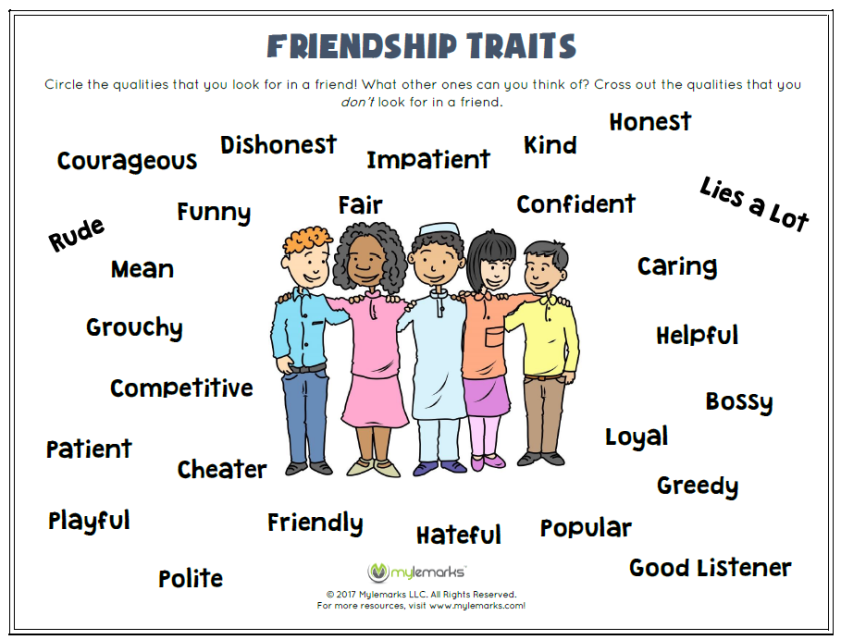 Focus on the benefits that sociable people receive: new acquaintances, invitations to play, visits, treats, support from friends, help with studies and daily activities.
Focus on the benefits that sociable people receive: new acquaintances, invitations to play, visits, treats, support from friends, help with studies and daily activities.
Create a social environment
If your child is shy and finds it difficult to communicate with peers, invite friends with children 1-2 years younger to visit. Do not insist if it is difficult for a girl to communicate with boys and vice versa. Help your child become part of a small group of same-sex children.
To establish strong relationships, it is useful to meet regularly. Girls can have gatherings with their girlfriends once a week: do needlework and creativity, play board games. The boys can walk together, cook pizza or build a hut. If peers with whom the child is interested live far away, start an online company. For example, enroll the student in mini-group in English or another subject. In addition to developing communication skills, the child will receive an increase in knowledge, and this will strengthen his self-confidence.
Tetrika offers online classes even in summer. Come to a free trial lesson - we will select a convenient time and a suitable group for your child.
Falling in love with learning in the classroom at Tetrika online school
Leave a request and get a free introductory lesson
How to help your child cope with failure
Failure happens to everyone and everyone experiences it in their own way. Someone is afraid of failures, someone is driven into depression by any trouble, and someone quickly shakes off troubles and runs further through life towards new joys and sorrows.
The experience of experiencing failures, situations when “everything is lost”, like any other life experience, is formed over the years. A person somehow comprehends many events that have occurred and draws conclusions on how to act in the future based on what happened now.
And everything begins, as you know, from childhood.
For example, a child is crying.
A common situation, he has just accidentally deleted his favorite game on his phone (lost his phone, he was not invited to a birthday party, etc.). Deleted by accident. There are already many levels passed. This game meant a lot to him, he invested his love, time, hopes in it. And all of a sudden, she disappeared. And he cries all over the house. Life without a game in these seconds does not make sense, it is destroyed. His unintelligible cry translates simply: "It's all gone! SOS!"
Naturally, the mother hears the cry and runs to the child. “Crying means in trouble! In trouble, it means that you need to save! This unconscious instinct to save one's own child is usually clothed in several phrases that come out of the mouth at lightning speed:
1. "Pay no attention to such nonsense!" . For mom, remote play is a minor event, she knows that there are worse things in life. Such knowledge obscures from the mother the fact that her child has already paid attention to this event, and this event caused tears in him, for him this is not nonsense, but a tragedy, a failure. And since he cries so much, it means that the event upset him very much. Mom's interpretation of the event devalues the significance of what happened. Thanks to such a phrase, the child has the experience of devaluing his own experiences, deeds and meanings.
Such knowledge obscures from the mother the fact that her child has already paid attention to this event, and this event caused tears in him, for him this is not nonsense, but a tragedy, a failure. And since he cries so much, it means that the event upset him very much. Mom's interpretation of the event devalues the significance of what happened. Thanks to such a phrase, the child has the experience of devaluing his own experiences, deeds and meanings.
2. “Don't cry, you're a boy, boys don't cry! Don't cry, you're a girl, your complexion will get worse!" Sometimes our body reacts faster than we can understand how we feel or how we feel about something. For example, you began to feel very sick from a repetitive conversation, as if you want to get rid of such repetitive situations, most likely you do not like what is happening, you are annoyed or in despair. But to understand this, you need to think, and people often just endure or take pills. Usually, if the heart began to beat faster, a person feels anxiety, sweaty hands - feels fear, tears flow - experiences grief, disappointment.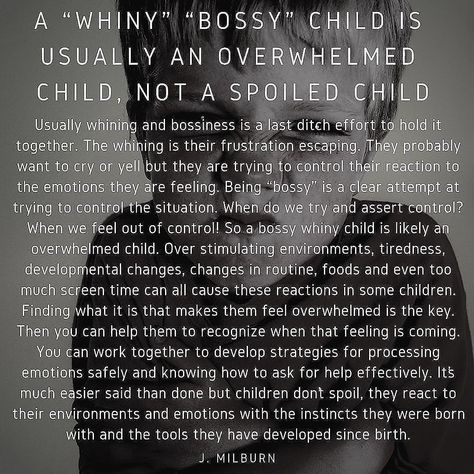 At consultations, sometimes people start crying unexpectedly, and when you draw a person’s attention to tears with the question: “Do you have tears at these words, what could that mean?” - you get in response: “I don’t know, tears just roll, usually I never cry.” To clarify, it turns out that the person had no idea that certain events were so significant and hurt his soul at one time. So, if a child cries, it means that he feels mental pain, suffering, grief, disappointment. The advice "not to cry" does not help him get acquainted with the feelings that overwhelm the soul, understand them and survive, but it blocks even the primary bodily manifestation of feelings. Thus, isolation from feelings is formed and psychosomatic diseases develop. By the way, it is very important to pay attention to the bodily sensations of both your own and the child: bodily sensations never deceive.
At consultations, sometimes people start crying unexpectedly, and when you draw a person’s attention to tears with the question: “Do you have tears at these words, what could that mean?” - you get in response: “I don’t know, tears just roll, usually I never cry.” To clarify, it turns out that the person had no idea that certain events were so significant and hurt his soul at one time. So, if a child cries, it means that he feels mental pain, suffering, grief, disappointment. The advice "not to cry" does not help him get acquainted with the feelings that overwhelm the soul, understand them and survive, but it blocks even the primary bodily manifestation of feelings. Thus, isolation from feelings is formed and psychosomatic diseases develop. By the way, it is very important to pay attention to the bodily sensations of both your own and the child: bodily sensations never deceive.
3. "I'll put you a new game, don't be upset!" Rescuing a child in such a way that it seems to delete the period of failure with the "Delete" key. Upset - you have a new one, upset again - you have the next. Just don't get upset, don't yell, don't cry. The part of life called "failure" slams shut, remains unlived, unopened, meaningless. On the one hand, for a while it saves from contact with feelings of pain. However, at the beginning of the article we talked about the fact that life is a series of successes and failures, without one thing it is not real life, but artificially made. The artificial life, that everything can be lived without grief and replaced with something else, ends in one moment. It turns out that the person with whom you would like to live your life has chosen another one, or that you will not have children, or ... Life will show that there is something irreplaceable and then you will have to face all the unknown unpleasant feelings at once.
Upset - you have a new one, upset again - you have the next. Just don't get upset, don't yell, don't cry. The part of life called "failure" slams shut, remains unlived, unopened, meaningless. On the one hand, for a while it saves from contact with feelings of pain. However, at the beginning of the article we talked about the fact that life is a series of successes and failures, without one thing it is not real life, but artificially made. The artificial life, that everything can be lived without grief and replaced with something else, ends in one moment. It turns out that the person with whom you would like to live your life has chosen another one, or that you will not have children, or ... Life will show that there is something irreplaceable and then you will have to face all the unknown unpleasant feelings at once.
4. Everything will be fine . Naturally, everything will be fine. And again: "Everything will be ground - there will be flour." And many more such phrases give the child confidence that life will get better. Only one way to improve life remains: someone says that everything will work out, and the person relies on these words. This creates dependence on someone else's opinion. And children turn into adults who need someone to say all the time that everything will be fine, to motivate them, to persuade them.
Only one way to improve life remains: someone says that everything will work out, and the person relies on these words. This creates dependence on someone else's opinion. And children turn into adults who need someone to say all the time that everything will be fine, to motivate them, to persuade them.
So, we noticed that every saving phrase after: "Everything is lost!", which is aimed at improving the child's condition, has a reverse side. On the one hand, it helps to cope with the current situation, and on the other hand, if you look at it from the side, it seems to even harm - it blocks feelings, devalues them, develops dependence on the opinion of another.
And that's all - phrases - "rescuers"! But there is also a direct negative experience of experiencing failure. It happens that a child shares experiences with loved ones, and he is punished with a belt for tears and snot, shares his fears and fears, and they laugh at him - and life experience appears to hide his feelings from prying eyes and ears, beware of new beginnings after failure, be wary to people.
What then to say to the child and is it possible to help?
Of course you can.
So, the main drawback of all the above rescue tips is ignoring the feelings that have arisen.
Usually, this happens because:
Firstly, mother (grandmother, father, whatever), when her child is very upset, angry, discouraged by something, she herself emotionally reacts to it! Mom at this moment may also feel grief, confusion, helplessness, fear. It happens unexpectedly, spontaneously, unplanned. At such moments, it can be difficult for a mother to cope with her feelings, not just to endure and support a small child in the experiences. Therefore, a mother can be “flooded”, overwhelmed with reciprocal feelings - she can be afraid that the child is crying, get angry that it happened so at the wrong time, be upset that the child does not react as she would like. Accordingly, in such a situation, the mother will not help the child, but express her intensity of feelings.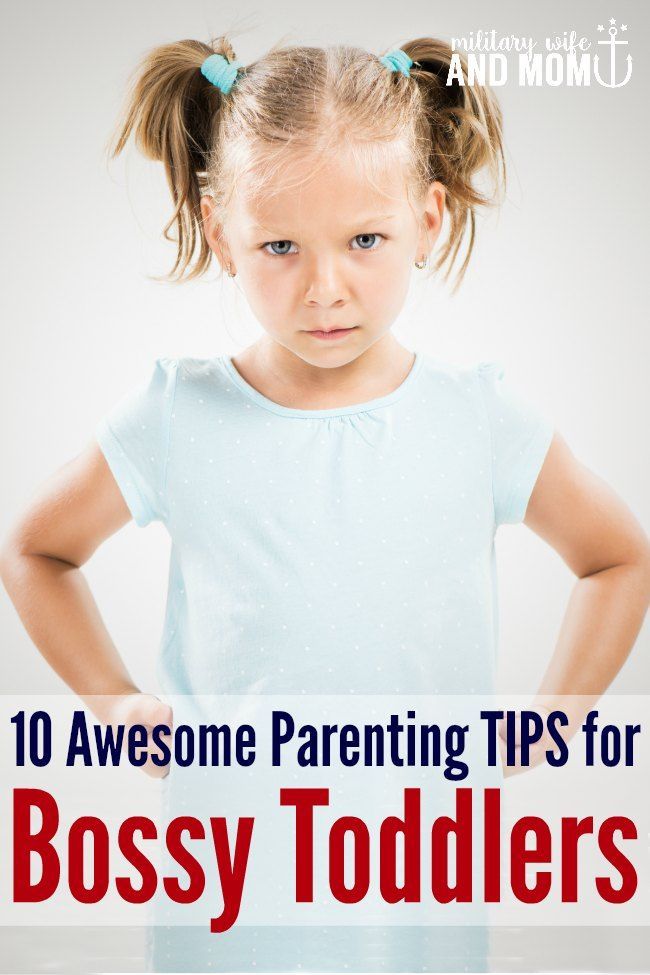 Or a mother can isolate herself from her feelings and become a robot adviser who knows how the child should react right now. That is, unconsciously quickly jumps into the state of a knowledgeable, powerful person - in such a position it is more comfortable. Or maybe both together.
Or a mother can isolate herself from her feelings and become a robot adviser who knows how the child should react right now. That is, unconsciously quickly jumps into the state of a knowledgeable, powerful person - in such a position it is more comfortable. Or maybe both together.
Secondly, because mother herself was told so when she was upset, and she has no other skills in helping an upset child in her arsenal.
What does a child, and indeed any upset person, really need? What can help him?
1. The child needs a person next to whom he can SURVIVE all the feelings that are caused by failure and create internal resources to live on without a lost game, without an invitation to a birthday party, etc. Try to act out of this childish desire.
Once at a session a woman asked me: “How is it to SURVIVE?”
To experience is to feel everything that overwhelms the soul, to name these feelings in words, to comprehend, to give time to change the palette of feelings, to experience different feelings.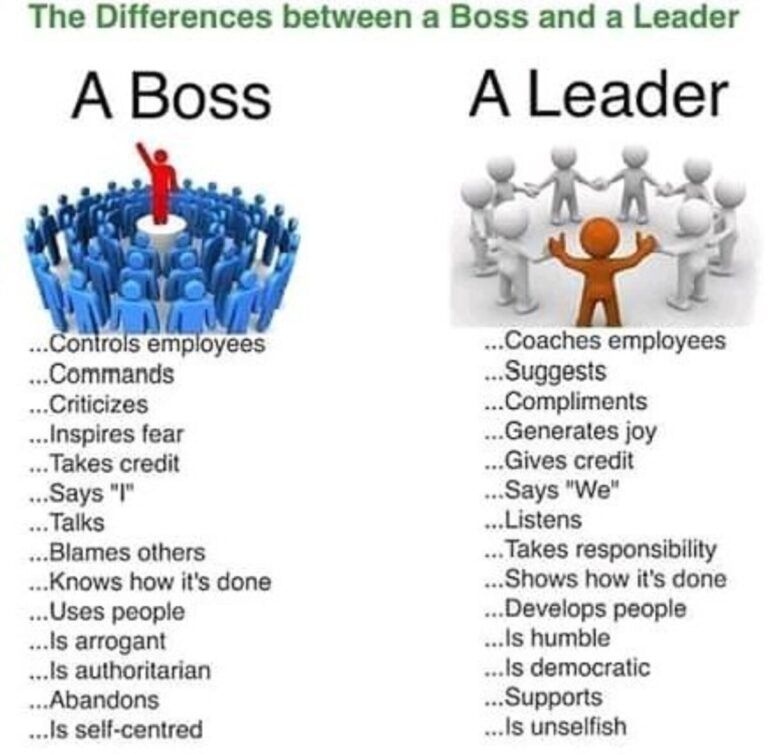 After all, everything flows, everything changes. (Even when people come to me with panic attacks, we emphasize that panic attacks have an end: sooner or later, anxiety is replaced by calmness). Everything has an end - and any grief will be replaced by joy, just give it time.
After all, everything flows, everything changes. (Even when people come to me with panic attacks, we emphasize that panic attacks have an end: sooner or later, anxiety is replaced by calmness). Everything has an end - and any grief will be replaced by joy, just give it time.
For example, if a child is crying, you can say to him:
- Are you in pain right now?
- Yes!
- Are you upset?
- Very!
- Where does it hurt? -
Here, in the soul.
2. To give an understanding that he is not alone in his experiences, it is normal to experience disappointment, grief, irritation. All these feelings are normal human experiences and life is incomplete without them.
- Yes, it happens. All people sometimes lose what is dear to them and experience pain.
- And you?
- Me too.
- And dad?
- And dad. These are very unpleasant moments of life. I remember some of them. I was in a lot of pain and upset just like you.
3. Support the child in the search for new opportunities and new desires, meanings. You can share what was your experience of experiencing losses and unsuccessful periods of life.
- How did you live then? How should I be now?
- I had it like this. Now let's think about how to be you. What do you regret the most?
- That all accumulated points have not been saved.
- Yes, scores were not saved. Are you sorry?
- Yes, very much!
- Me too. However, you haven't lost everything.
- How?
- You have experience. Experience achieving results, you can get faster and better. This experience has not disappeared and will not disappear, because it is in your head. Always with you. And you can always achieve the same results using this particular experience if you want to play the game again. Would you like to continue playing?
- I don't know, I'll think about it.
- Of course, think about it.
- Do you feel better? Have you calmed down?
- Yes.
4. Translate what happened into life experience. This is possible if after a while you return with the child to a conversation about what happened and draw his attention to the fact that life is beautiful again, despite the fact that some time ago he cried, but survived this grief.
- Are you having fun?
-Yes.
- You see, you coped with such a difficult situation, life goes on and you are cheerful again. And more recently, I was crying, I was upset. So, you can already experience such strong feelings as grief and regret.
If in childhood a child experiences failure, despair and hopelessness, when “everything is lost” and learns to find new meanings and ways for later life, then his life will not be shattered every time for every reason.
But for this, someone from close people must provide the child with the opportunity to feel and experience the life drama from beginning to end.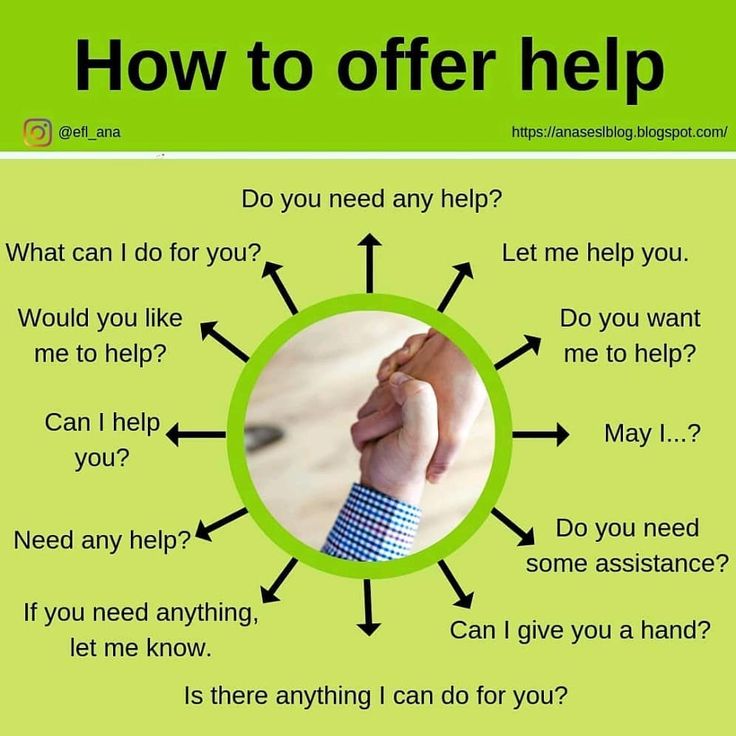 Thus, in the bitter moments of life, the little man acquires the courage to live on with the hope of the best. Live without relying on your mother's opinion, but by developing your own understanding of this matter. This is how one's own free experience of experiencing failures appears, and not forced or offered by someone.
Thus, in the bitter moments of life, the little man acquires the courage to live on with the hope of the best. Live without relying on your mother's opinion, but by developing your own understanding of this matter. This is how one's own free experience of experiencing failures appears, and not forced or offered by someone.
If an adult does not have such a positive childhood life experience, if this muscle has not been pumped up and sometimes there are feelings that failures do not recede, that “life has been shattered into smithereens and the earth is slipping out from under your feet”, and there is no one to rely on, if such a state of affairs sucks out mental strength and steals vital energy - it does not matter either.
In adulthood, a psychologist helps to acquire such life experience. After all, it is at such moments of failure and inability to survive grief and disappointment from life that many turn to psychologists for the first time in order to continue living differently than before.